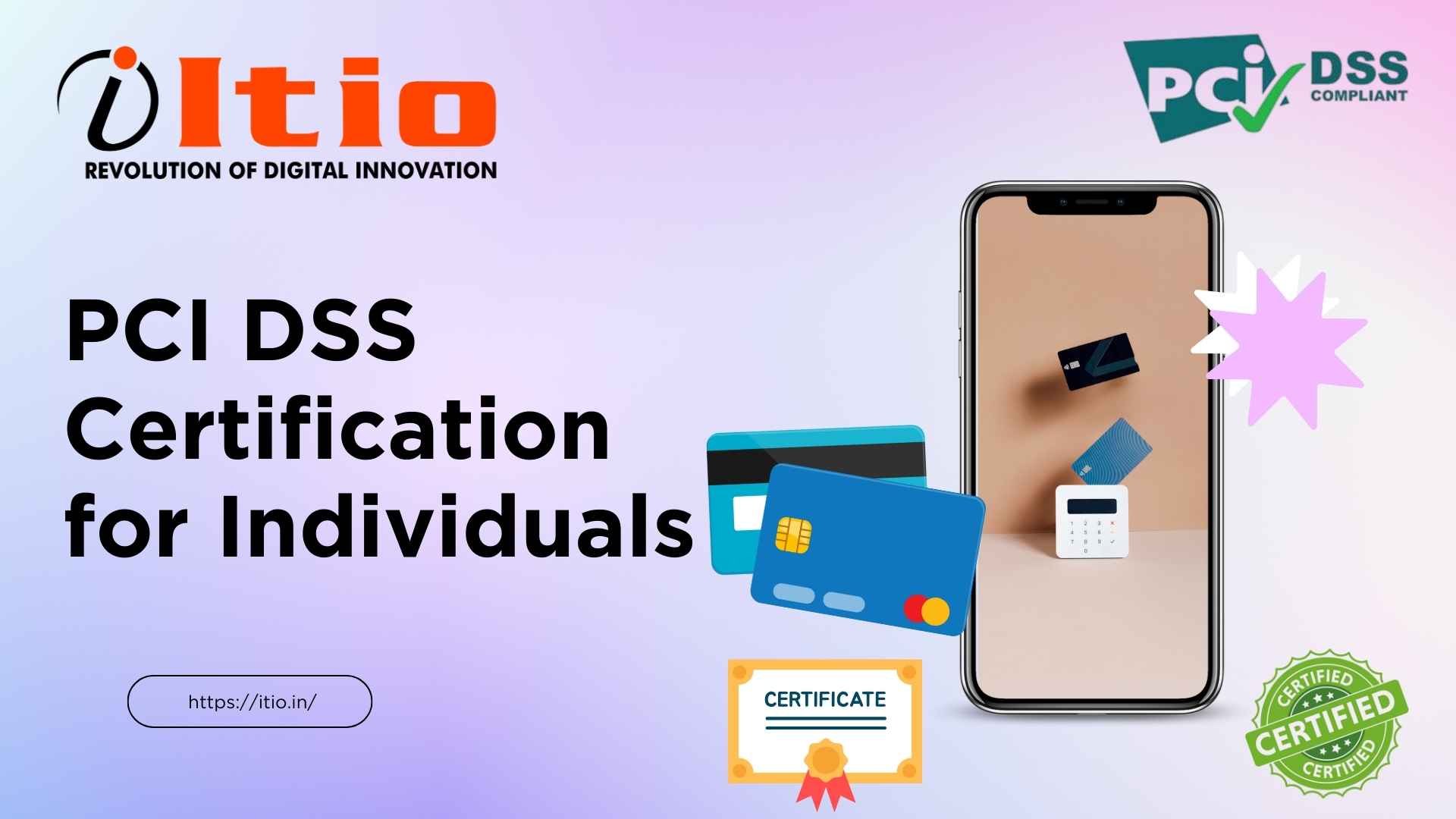Our Blogs
Understanding Payment Gateway vs Payment Aggregator

In today's rapidly evolving digital economy, online payments have become the backbone of businesses across all sectors. For companies looking to accept payments digitally, understanding the difference between a payment gateway and a payment aggregator is crucial. Although both terms often appear interchangeable, they serve distinct purposes and can impact your business operations differently.
In this blog, we’ll explore payment gateway vs payment aggregator, their core differences, how they function, and most importantly, how payment aggregators make money. If you're planning to integrate payment processing into your business model, this guide will help you choose the best solution based on your needs.
What is a Payment Gateway?
A payment gateway is a technology solution that securely transmits payment data between a customer, merchant, and acquiring bank. It acts as the digital equivalent of a Point-of-Sale (POS) terminal, enabling customers to make purchases via credit/debit cards, UPI, wallets, or other online payment modes.
Key Features of Payment Gateways:
Secure transaction encryption
Real-time authorization and processing
Fraud detection tools
Integration with various shopping carts or custom platforms
Payment gateways are ideal for businesses that already have a merchant account with a bank and want to handle customer payments directly through a secure online infrastructure.
Read More: Types of Payment Gateways: Everything You Need to Know
What is a Payment Aggregator?
A payment aggregator, also known as a merchant aggregator or aggregator payment service provider, allows businesses to accept payments without creating their own merchant account. Instead, multiple merchants are grouped under a single master merchant account managed by the aggregator.
Key Features of Payment Aggregators:
No need for individual merchant accounts
Quick onboarding process
All-in-one dashboard to manage payments
Supports multiple payment modes: cards, wallets, UPI, BNPL, etc.
In essence, aggregate payment systems offer a plug-and-play solution, especially attractive to startups, small businesses, and freelancers.
Payment Gateway vs Payment Aggregator: A Detailed Comparison
Understanding the differences between a payment gateway and a payment aggregator is crucial when choosing the right digital payment solution for your business. Below is a detailed comparison between Payment Gateway vs Payment Aggregator to help you make an informed decision based on your business size, technical needs, and budget.
Merchant Account Requirement
- Payment Gateway: Requires a separate merchant account
- Payment Aggregator: No merchant account required
Ease of Setup
- Payment Gateway: Moderate setup process
- Payment Aggregator: Very easy setup
Onboarding Time
- Payment Gateway: Takes several days to weeks
- Payment Aggregator: Instant to a few days
Regulatory Compliance
- Payment Gateway: Compliance is handled by the merchant
- Payment Aggregator: Compliance is managed by the aggregator
Transaction Fees
- Payment Gateway: Varies; typically lower for large merchants
- Payment Aggregator: Standardized fees; may be higher for low volumes
Payout Control
- Payment Gateway: The Merchant has full control
- Payment Aggregator: Payouts controlled by the aggregator
Customization
- Payment Gateway: High level of customization
- Payment Aggregator: Moderate to low customization options
Support for Small Businesses
- Payment Gateway: Less flexible for small merchants
- Payment Aggregator: Highly supportive of small businesses
When to Choose a Payment Gateway:
- You have an established business and a merchant account.
- You want more control over the payment process.
- You process high transaction volumes.
When to Choose a Payment Aggregator:
- You’re a startup or SME needing a fast setup.
- You don’t want to manage the complexities of merchant account setup.
- You prefer a single solution with minimal paperwork.
Read More: Types of Payment Methods: A Comprehensive Guide for Businesses and Consumers
How Do Payment Aggregators Make Money?
Understanding the business model of payment aggregators helps clarify their commercial intent. Here's how they generate revenue:
1. Transaction Fees
This is the primary source of income. Aggregators charge a fixed percentage (usually between 1.5% to 3%) of each transaction processed through their platform.
2. Monthly or Subscription Fees
Some aggregators offer premium plans or features for a monthly fee, such as access to advanced analytics, faster settlement times, or multi-currency support.
3. Settlement and Withdrawal Charges
Aggregators may charge additional fees for faster settlement or bulk withdrawals to your bank account.
4. Value-Added Services
Many aggregators offer additional services such as:
Fraud detection tools
API integrations
Custom checkout experiences
International payment support
These features may be priced separately or included in higher-tier plans.
5. Partner Commissions and Merchant Services
Some aggregators collaborate with banks, POS providers, or fintech platforms and earn commission through referrals or service bundling.
Aggregate Payment Benefits for Modern Businesses
Opting for an aggregate payment solution offers multiple benefits, especially for businesses in their early stages.
1. Faster Go-To-Market
No need to wait for banking approvals. You can start accepting payments almost immediately after onboarding.
2. Cost-Effective for Small Businesses
No setup or maintenance charges make payment aggregators a cost-effective choice for low-volume merchants.
3. Unified Dashboard
Manage all payment modes in one place – credit cards, debit cards, UPI, wallets, and net banking.
4. Reduced Compliance Burden
Aggregators handle PCI DSS compliance, encryption protocols, and KYC requirements, simplifying operations for merchants.
Final Thoughts: Payment Gateway vs Aggregator—What’s Right for You?
Choosing between a payment gateway vs payment aggregator depends on your business size, technical expertise, compliance capabilities, and transaction volumes.
For larger enterprises with dedicated tech teams and a merchant account, a payment gateway offers better customization and lower long-term fees.
For startups, freelancers, or small businesses, a payment aggregator provides a ready-to-use, cost-effective, and quick solution.
At ITIO Innovex, we help businesses implement the right payment infrastructure that aligns with their goals. Whether you're looking to build your own custom payment gateway or integrate a leading e-wallet app with aggregator functionality, we can help you scale securely and efficiently.
Ready to Take Your Payment Systems to the Next Level?
Get in touch with ITIO Innovex — your trusted technology partner in payment gateway development, e-wallet solutions, and aggregator payment integration.







